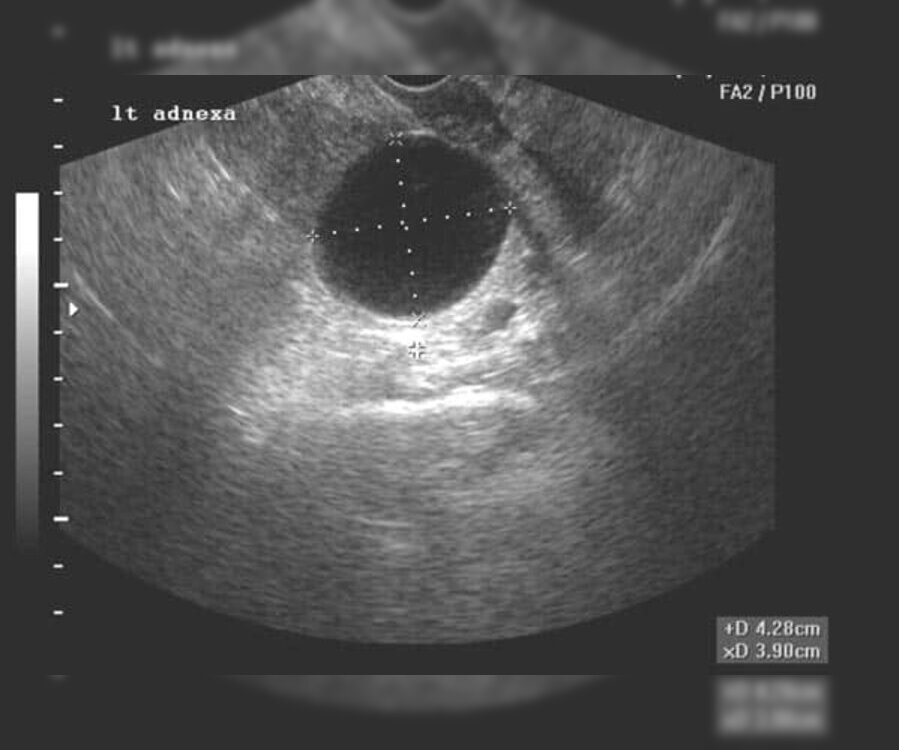Autoimmune pancreatitis (AIP) is a rare form of chronic pancreatitis that is characterized by inflammation of the pancreas due to an autoimmune response. In this condition, the immune system mistakenly targets and attacks the pancreatic tissue, leading to chronic inflammation and subsequent damage to the pancreas.
Dr. Ronak Ajmera says the exact cause of autoimmune pancreatitis is not fully understood. However, it is believed to result from an abnormal immune response in genetically susceptible individuals triggered by environmental factors. Some theories suggest that certain infections, such as viral or bacterial infections, may initiate an immune response that mistakenly targets the pancreas in susceptible individuals.
Additionally, there is evidence to suggest that autoimmune pancreatitis may be associated with other autoimmune conditions, such as primary sclerosing cholangitis, primary biliary cirrhosis, and inflammatory bowel disease. This suggests a possible shared underlying mechanism or genetic predisposition for these autoimmune disorders.
The immune response in autoimmune pancreatitis involves the infiltration of immune cells, particularly lymphocytes and plasma cells, into the pancreas. These immune cells release inflammatory substances that cause swelling, fibrosis (formation of scar tissue), and damage to the pancreatic tissue. Over time, this chronic inflammation can lead to complications, such as pancreatic duct strictures, obstructive jaundice, and pancreatic insufficiency.
It’s important to note that autoimmune pancreatitis is a distinct form of pancreatitis and should not be confused with other types, such as alcoholic pancreatitis or gallstone pancreatitis, which have different causes and treatments.
For more information visit https://arihantgastroenterologycentre.com/autoimmune-pancreatitis/
Contact 7666806080

